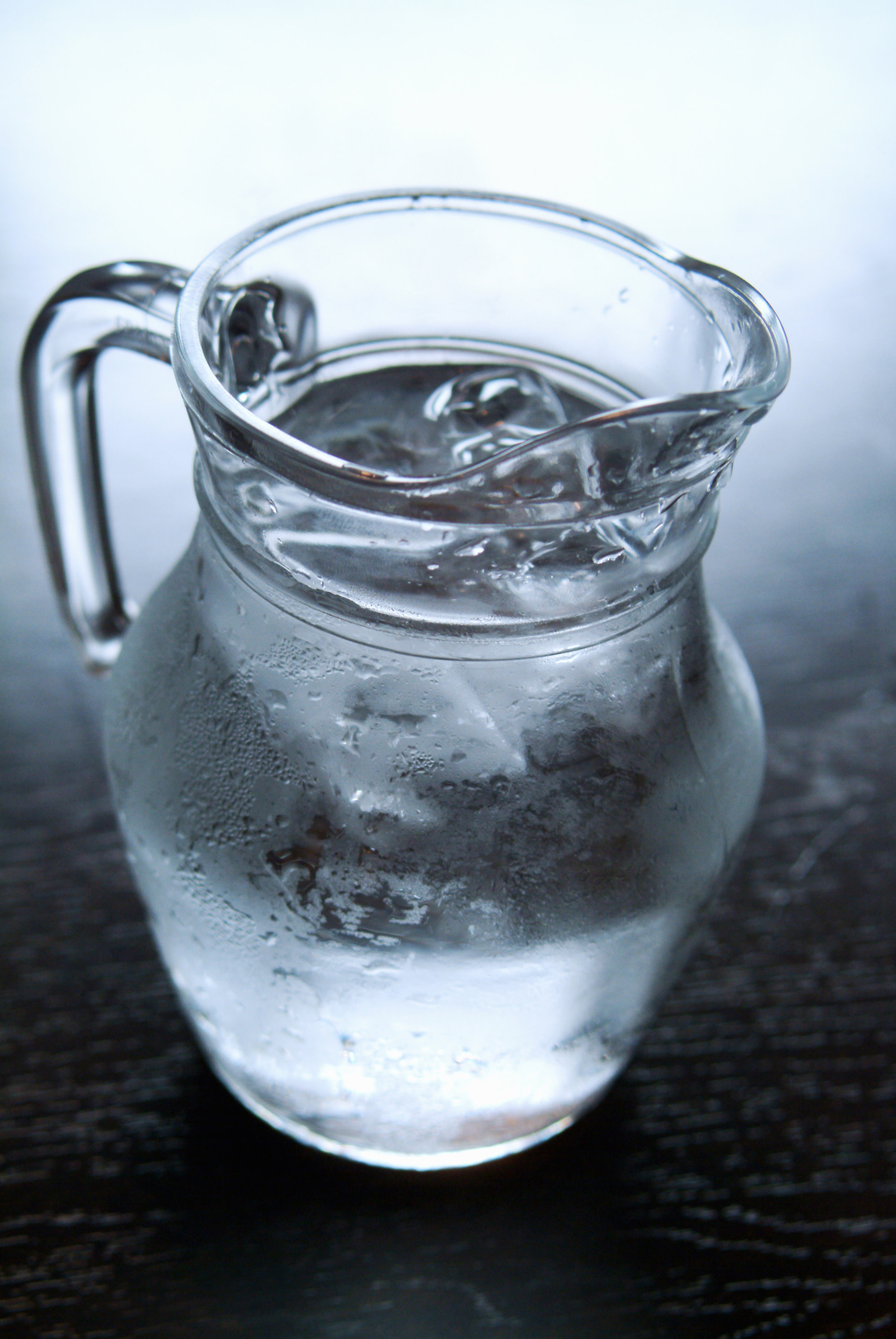Drinking eight glasses of water a day is one of the oldest, most familiar health recommendations around, for several reasons.
Making sure that one drinks enough water will sustain overall health and is a crucial factor in preventing dehydration, especially in Israel’s hot weather conditions. But, a new study has revealed another surprising benefit that will pay off greatly in the future: it reduces the risk of heart failure a few decades after establishing this habit.
"Our study suggests that regularly drinking water may prevent or at least slow down changes in the heart that lead to organ failure," said study author Dr. Natalia Dimitrive, of the National Institute of Cardiovascular and Lung Research, in a press release.
The study found that “we need to watch our daily intake of fluid and take appropriate steps to counter the fact that we don’t drink enough water," she added.
The experts' recommendations regarding a sufficient amount to drink are usually around six to eight glasses of water a day for women, and eight-12 glasses for men. Although these are established, familiar recommendations, surveys regularly conducted reveal that most people don’t come close to drinking the recommended amount of water.
According to researchers, measuring sodium levels in a person's blood facilitates the measure of the amount of fluids in the body. When people don’t drink enough water, the sodium concentration in their blood increases. The body's response to a lack of adequate fluids is to try and retain as much water as possible and the same processes that facilitate this are also the ones that cause damage to heart health and may eventually lead to heart failure.
"It’s natural to think that the concentration of sodium in the blood will fluctuate, depending on changes in our drinking habits,” Dr. Dimitrive explained. “But the truth is that the concentration of sodium in the blood remains within a fairly limited range of values for long periods of time, indicating that short-term changes won’t help in the long run.”
Less water today equals more heart problems later
In the study, Dimitrive and her team examined the sodium concentration in the blood of 15,792 adults who are participants in a study called ARIC - a long-term study that attempts to estimate the risks of cardiovascular disease in the community. All study participants were aged 44-66 at the start, and their health status was monitored and assessed five times over a 25-year period.Among other things, the researchers monitored the subjects' drinking habits and also thickening or other changes in the walls of the left ventricle of the heart, this is the area that is responsible for most of the blood pumping in the heart. Changes in heart structure frequently occur in people with a tendency for heart failure.Researchers divided the study participants into four categories, according to the suggested sodium values in their blood at the beginning of the study. These values ranged from 135-135.9 in group one, 140-141.5 in group two, 142-143.5 in group three and 144-146 in group four. Next, the researchers compared these values to people who developed heart failure or left ventricular hypertrophy up to the 25th year of the study.The researchers found that a higher concentration of sodium in the blood in middle age was linked to both heart failure and disintegration in the left ventricle of the heart at a later age. These findings remained consistent even after weighting additional variables such as age, blood pressure, kidney condition, cholesterol, blood sugar level, BMI, sex and smoking habits.
In addition, researchers calculated and found that an increase of even one unit in sodium concentration in the blood increases the risk of left ventricular degeneration by 1.2% and the risk of heart failure by 1.11%.
Target number
Dr. Dimitrive explained that her study found that between the ages of 70-90 there was an increased risk of heart problems when the sodium level in the blood rose above 142. She said this measure may help doctors identify people who may be at risk for heart problems later in life and assess their fluid intake and drinking habits. And, if necessary, allow for an intervention that will improve their future health.
She clarified that these are sodium levels that laboratory tests wouldn’t consider to be outside standard range, but a close examination of sodium levels in the right setting might make it possible to identify people at risk.

